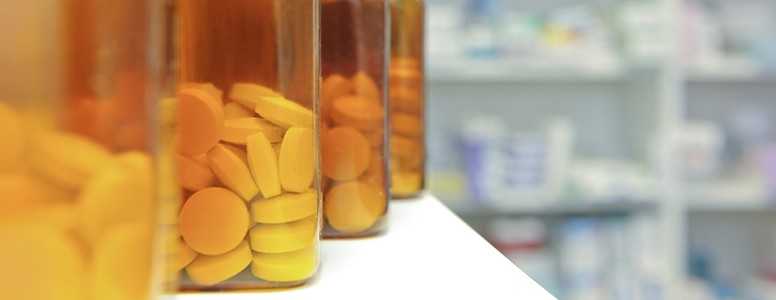The drug Invokana (canagliflozin) offers a number of benefits in the treatment of type 1 diabetes, according to new research.
The study, conducted by researchers at the VA San Diego Healthcare System and the University of California, San Diego, found that Invokana (the trade name of canagliflozin) lowered HbA1c levels, body weight and insulin dosage, without increasing the incidence of hypoglycemia.
There were downsides, however, chief among them an increased incidence of diabetic ketoacidosis (DKA).
Invokana is an oral medication typically used to treat type 2 diabetes, part of a drug class called SGLT2
inhibitors. It lowers blood glucose levels by increasing the amount of glucose filtered out and excreted through the urine. Invokana is a relatively new drug; its long-term effects are not yet well established.
The researchers examined the data of 351 participants, all of whom had type 1 diabetes. All participants took multiple daily injections of insulin or received subcutaneous insulin infusion. The participants were split into three groups: one group received 100mg of Invokana; another received 300mg of Invokana; a third receiving a placebo. The effects were studied over an 18-week period.
Invokana led to HbA1c reductions of 0.4 per cent in both groups given the drug, compared to placebo. They also lost weight and lowered their insulin dosage.
There was no significant difference in rates of hypoglycemia among the groups – 94.9 per cent for 100mg, 93.2 per cent for 300mg, and 88.9 per cent for placebo. Episodes of severe hypoglycemia were higher in the 300mg group – 6.8 per cent – compared to the 100mg group – 2.6 per cent – and placebo – 1.7 per cent.
There were substantial differences in the rates of ketone-related adverse events. Nobody in the placebo group experienced a ketone-related adverse event in the 18-week period, compared to 5.1 per cent in the 100mg group and 9.4 per cent in the 300mg group. There were similar differences in rates of diabetic ketoacidosis: DKA affected nobody in the placebo group; 4.3 per cent of the 100mg group; and 6 per cent of the 300mg group.
“The insulin-dependent mechanism of action of canagliflozin offers a unique benefit profile in patients with type 1 diabetes, which is different from that of standard insulin therapies that are associated with hypoglycemia and weight gain,” the researchers wrote. “An increase in DKA events was seen with canagliflozin that may be related to the presence of a condition characterised by reduced insulin dose or insulin resistance (e.g., illness).”
The findings were published in Diabetes Care.
What's new on the forum? ⭐️
Get our free newsletters
Stay up to date with the latest news, research and breakthroughs.







